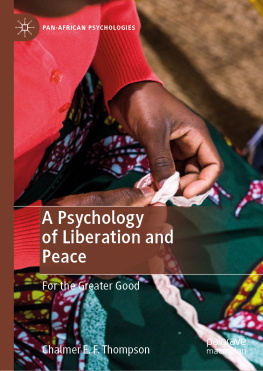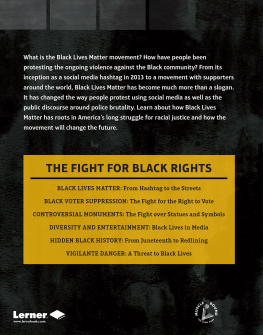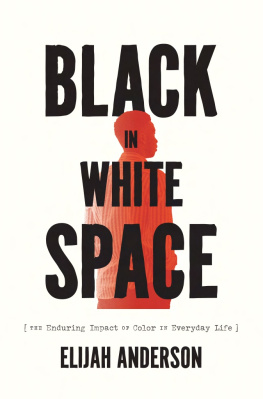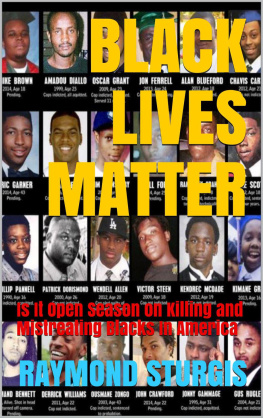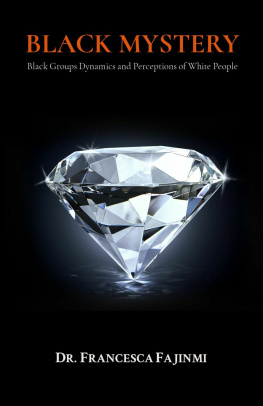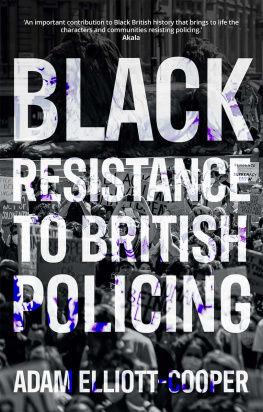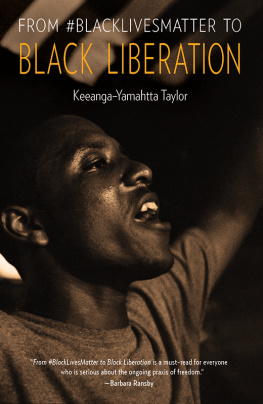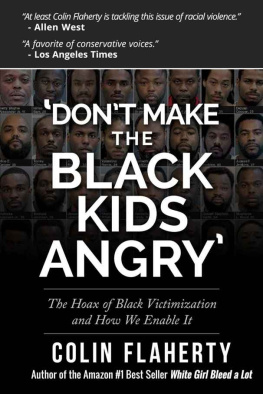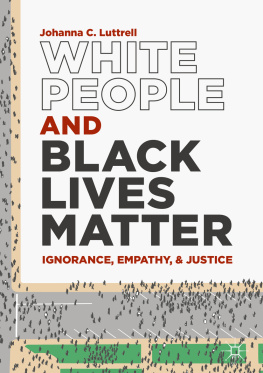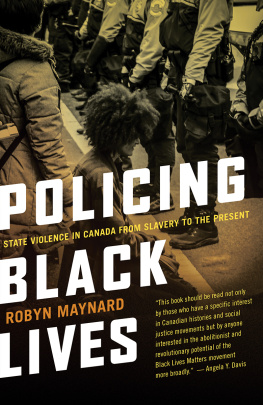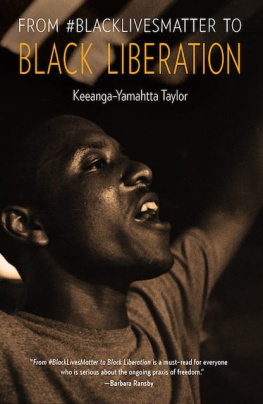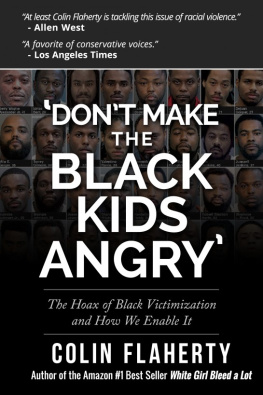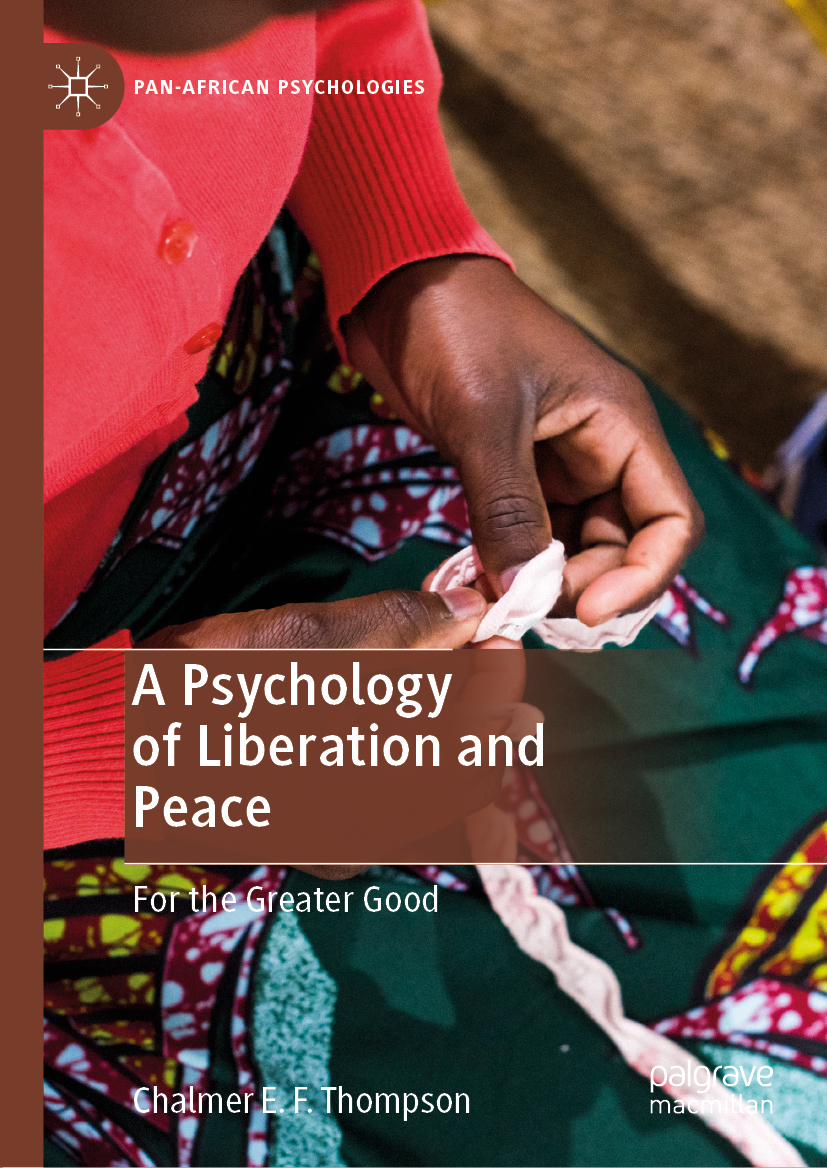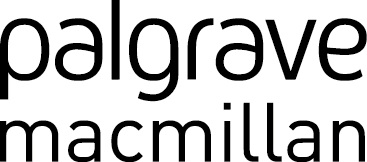Pan-African Psychologies
Series Editors
Chalmer E. F. Thompson
Indiana University Purdue University Indianapolis, Indianapolis, IN, USA
Guerda Nicolas
University of Miami, Coral Gables, FL, USA
African people and their descendants from various regions of the Diaspora have endured a history of struggle that has been replete in violence and structural oppression. Offering apsychologyof Black people entails an understanding of these pervasive, sustaining structures and their intersection with culture, gender socialization, and the panoply of isms that shape people and contexts. What is needed as part of a knowledge base on Black psychology is an elaboration of the common themes that cut across global contexts and the conditions that characterize specific regions, all of which have bearing on individual, interpersonal, and societal functioning. More than ever, there is an urgent need for psychological scholarship that unapologetically centers race and the ever-changing role of context in understanding the history, struggles, and strengths of Black lives and communities around the globe. The series seeks to make a novel contribution to the broader area of critical & radical psychology by drawing on marginalized voices and perspectives and by engaging with the praxis agenda of improving the lives of African/Black peoples. It both seeks to critique oppression (more particularly, of the racialized, neo-colonial world) and provide prospective strategies (practices of liberation, of peace) to respond to such forms of oppression.
More information about this series at http://www.palgrave.com/gp/series/15830
Chalmer E. F. Thompson
A Psychology of Liberation and Peace
For the Greater Good
Chalmer E. F. Thompson
Indiana University Purdue University Indianapolis, Indianapolis, IN, USA
ISSN 2523-8264 e-ISSN 2523-8272
Pan-African Psychologies
ISBN 978-3-030-13596-6 e-ISBN 978-3-030-13597-3
https://doi.org/10.1007/978-3-030-13597-3
Library of Congress Control Number: 2019932967
The Editor(s) (if applicable) and The Author(s), under exclusive license to Springer Nature Switzerland AG, part of Springer Nature 2019
This work is subject to copyright. All rights are solely and exclusively licensed by the Publisher, whether the whole or part of the material is concerned, specifically the rights of translation, reprinting, reuse of illustrations, recitation, broadcasting, reproduction on microfilms or in any other physical way, and transmission or information storage and retrieval, electronic adaptation, computer software, or by similar or dissimilar methodology now known or hereafter developed.
The use of general descriptive names, registered names, trademarks, service marks, etc. in this publication does not imply, even in the absence of a specific statement, that such names are exempt from the relevant protective laws and regulations and therefore free for general use.
The publisher, the authors and the editors are safe to assume that the advice and information in this book are believed to be true and accurate at the date of publication. Neither the publisher nor the authors or the editors give a warranty, expressed or implied, with respect to the material contained herein or for any errors or omissions that may have been made. The publisher remains neutral with regard to jurisdictional claims in published maps and institutional affiliations.
Cover illustration: Untitled Images/E+ Collection/Getty Images
This Palgrave Macmillan imprint is published by the registered company Springer Nature Switzerland AG
The registered company address is: Gewerbestrasse 11, 6330 Cham, Switzerland
To the Silver Spring badass moms: Mrs. Sarah Thompson, Dorothy Dines, and Rosalind Brown
Series Editors Foreword
ThePan-African Psychologiesbook series is a collection of works by psychologists and other applied professionals who have dedicated years of our lives to the meaningful improvement of Black lives. We come from societies across the globe like South Africa, Jamaica, Senegal, Uganda, and the United States. We may refer to ourselves variously as professionals in Black/African, liberation, radical, Fanonian, critical, or cultural psychology or related fields. No matter what labels we choose, our common thread is to demonstrate how we have helped evoke growth, maturity, and enhanced life quality in the lives of African-descended people. Healing, in our view, is to take into full account the centuries of bloodshed, exploitation, and corruption that influence Black lives, rather than ignore, exaggerate, or diminish these devastations. The serious study of Black well-being requires an understanding of the whys and the howswhy the devastations continue to happen, how it is continually stoked, and how Black people are enduring them in their daily lives. To us, the connection between the person and his or her environment is an irrefutable one; our focus is to liberate, therefore we insist that the healing of societies is as important as the healing of people. Racism, ethnoviolence, class exploitation, sexism and mens violence against women, and violence against people on the basis of their sexual orientation and trans identity are infestations that seep into our socializationhow we see the world and interact with peopleand destroy the prospect of morally strong and just societies.
We place a high premium on fostering strong relationships with other Black people as well as all those who have been historically oppressed. We honor healthy discourses even though they can trouble the proverbial waters, and we embrace such discourses over unhealthy ones that feed into oppression. We emphasize the crucial need to build coalitions with others, professionals and laypersons alike, who are on similar quests to act strongly against injustice and violence. We pay homage to those who lead and participate in harmony-affirming rituals that help people mend generational trauma and its trajectories.
Our intent in this series is to share with readers the array of psychologies that exists throughout the African Diaspora but with a very specific focus: it is to spread knowledge about the freedom to be and revel in the freedom that many already experience, at least psychologically, as they experience liberation personally and professionally. In some cases, we transcend our regional spaces by addressing similarities across contexts within the Diaspora. This particular effort to engage transnationally is one we hope will inspire our readers to (continue to) act toward liberation and peace at the global level.
Chalmer E. F. Thompson
Indianapolis, USA
Preface
Life re-shapes our lenses, and ultimately re-shapes our purpose for living and loving. If we are fortunate, we embrace the re-shaping and avail ourselves of new tools to help improve the lives of others.
For many years, I have dedicated countless hours to studying, writing about, teaching and/or otherwise influencing others based on the tenets of Helms racial identity development theory (e.g., Thompson, 2003a; Thompson, Alfred, Edwards, & Garcia, 2006; Thompson & Carter, 1997; Thompson, Murry, Harris, & Annan, 2003). Arguably the most comprehensive of the racial identity theories, Helms (e.g., 1990a, 1990b, 1995) conceptualization is an explication of how racism is a malignancy that wreaks havoc on our lives. The theory bridges psychological concepts of cognition and perception, moral development, as well as human and organizational development. It also guides psychologists and other professionals to encourage people to think complexly and flexibly, engage in calculated risk-taking, and deliberately search for

